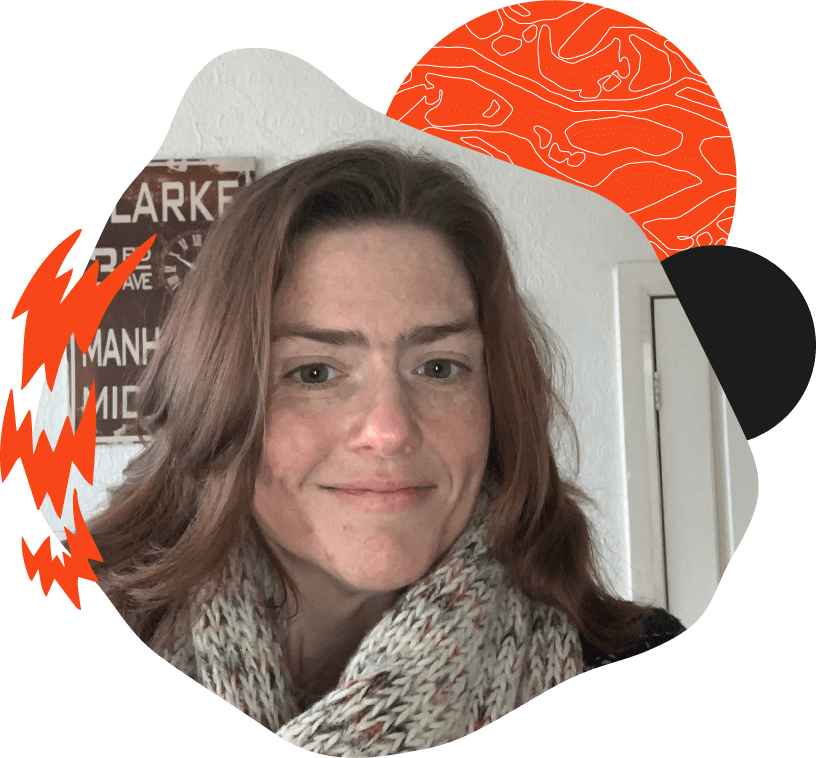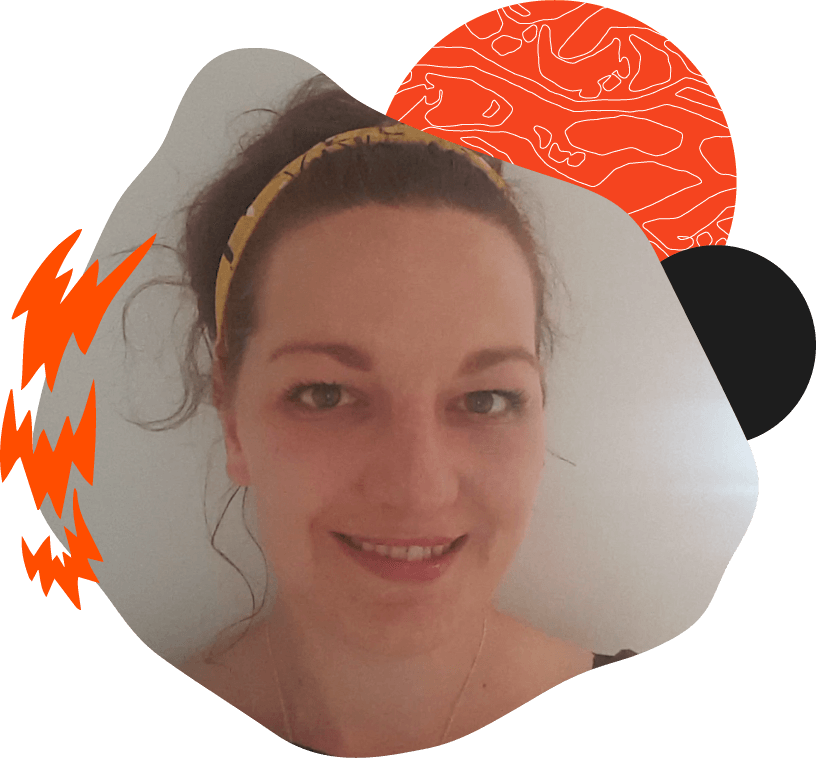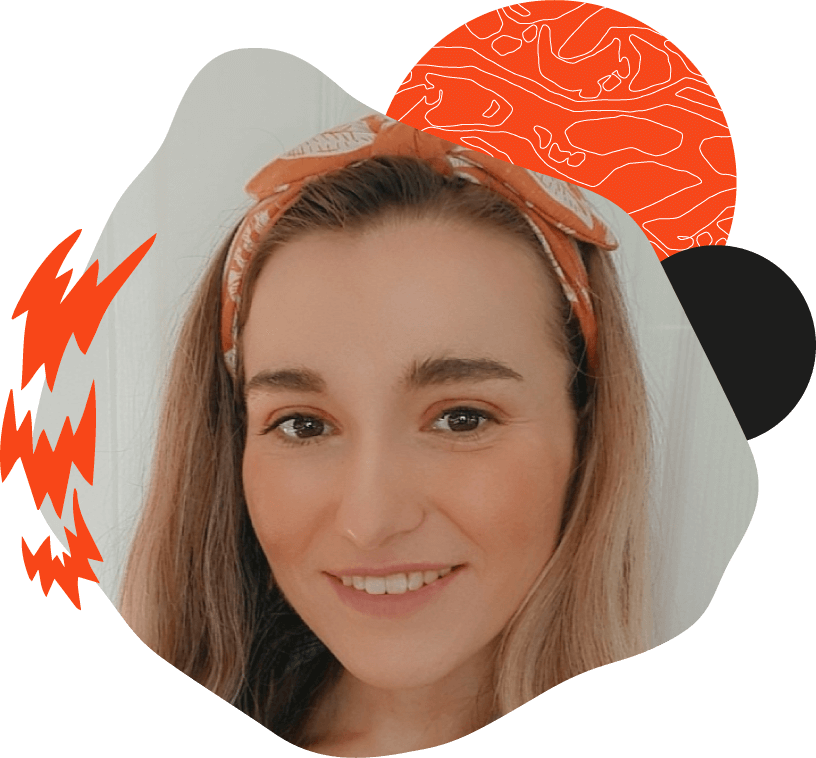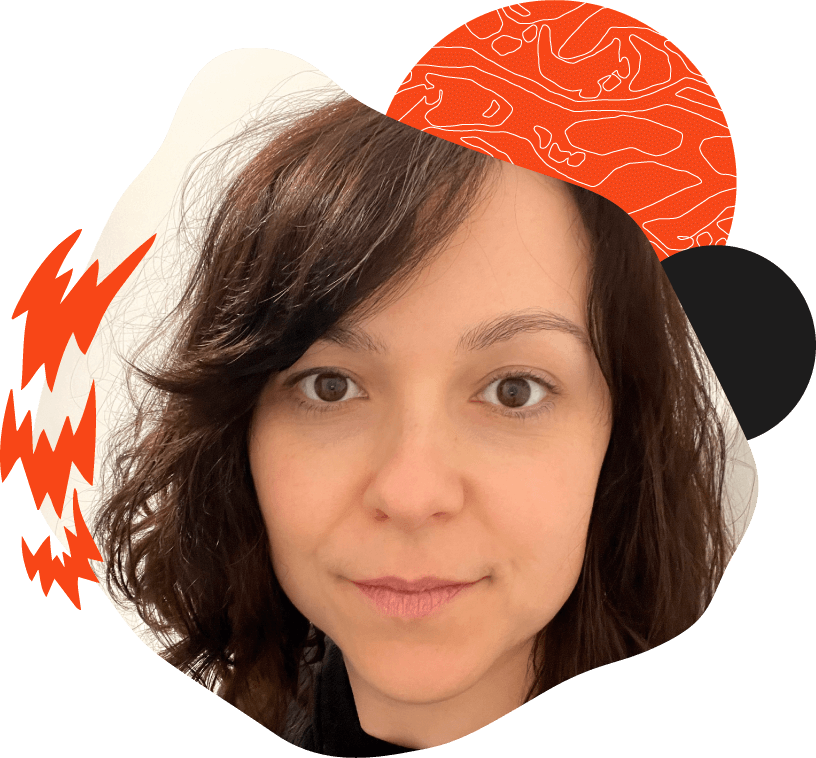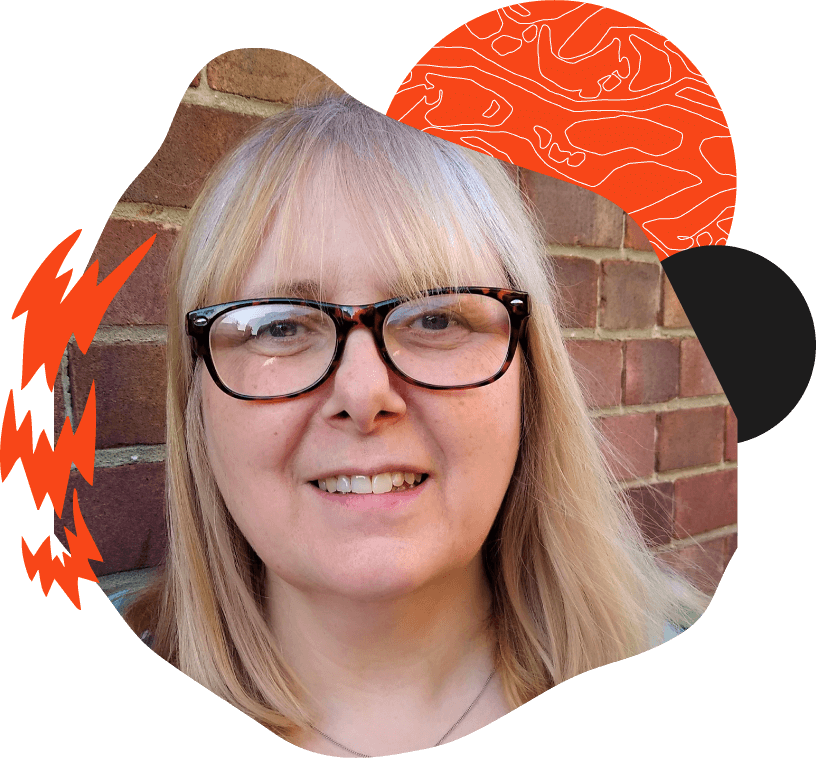What you will learn
-
Unit 1 - Introduction to Life Coaching
In this unit, you’ll find out exactly what life coaching is, how it can help people, and the traits of an effective life coach. You’ll also examine the importance of careful listening, along with confidentiality and anonymity.
-
Unit 2 - Pathways to Success: Identifying Success and Barriers to Success
Next, you’ll learn about the factors that influence success, including the barriers to it, such as self-sabotage and imposter syndrome. You’ll learn how to help someone develop motivation, deal with vulnerability, and set realistic goals.
-
Unit 3 - Setting and Achieving Goals
In unit three, you’ll study the SMART model of achieving goals, and the T-GROW strategy of achieving them. You’ll discover how to help clients set personal aims and objectives, harness behavioural activation, and how they can develop positive daily habits.
-
Unit 4 - Theoretical Principles of Change
In unit four, you’ll learn how to help clients accept and deal with change, as well as the psychological phases they might go through as this happens. You’ll also study how to help them implement positive change in their lives, and learn to harness their natural talents.
-
Unit 5 - Time Management And Productivity
In this unit, you’ll learn about the dynamic relationship between time management and productivity. You’ll study the ‘pareto principle’, along with simple ways lifestyle adjustments clients can make that will help them to achieve more.
-
Unit 6 - Psychological Triggers And How You Can Resolve Them
In the sixth unit, you’ll learn how to help clients deal with triggers, flashbacks, and negative core beliefs. You’ll discover how to assist them in making daily positive changes, and using positive self-talk and affirmations. Moving on, you’ll explore the concept of neuroplasticity, and the key rules for building self-esteem.
-
Unit 7 - Developing a Vision, Mission Statements and Visualisation
Next, you’ll learn how to help clients develop a vision of how they want their life to be, and how to turn motive into action. You’ll learn how to harness the technique of creative visualisation, and how to advise your clients on creating their five-year plan.
-
Unit 8 - The Perfect Coaching Session
In unit eight, you’ll discover how to make your clients feel as comfortable as possible, and how small details can make a big difference. You’ll learn about time management, record keeping, coaching logs, boundaries, and feedback.
-
Unit 9 - Using Coaching In Your Job
In the final unit, you’ll learn how to build a coaching culture in the workplace. You’ll be guided through the process of setting up a business, from developing a mission statement, to dealing with tax and insurance.
With a heritage stretching back over 150 years, NCFE is one of the largest awarding bodies in the UK. Over 340,000 students were awarded certification by NCFE last year.
ACCPH is an independent, self-regulated UK professional body for qualified counsellors, coaches, psychotherapists and hypnotherapists. They serve people with nationally recognised qualifications from home study or distance learning students. Accepting members from all six modalities, including those ‘non-standard’ techniques such as Spiritual Coaching and Neuroscience amongst other approaches.
Course Outcome
On completion of this Life Coaching course, successful learners will receive an official NCFE Customised Qualification and a learner unit summary, which lists the details of all of the units that you have completed as part of your Life Coaching course. You can read more about NCFE here.
How is this course assessed or examined?
There are no exams for this life coaching course, and you will be assessed through assignments marked by your personal tutor. This might include essays, presentations, research projects, or practical learning sessions. Information on how you’ll be assessed will be included in your study pack.
Entry requirements
There are no formal entry requirements for this life coaching course, however, it is recommended that you have an intermediate ability to read and write English.

